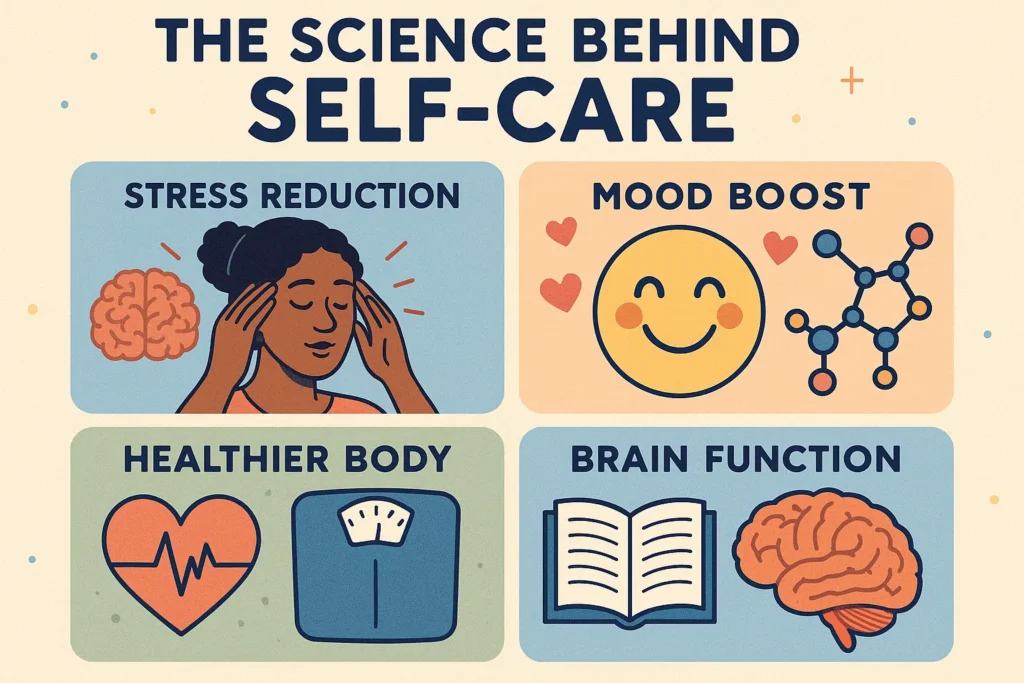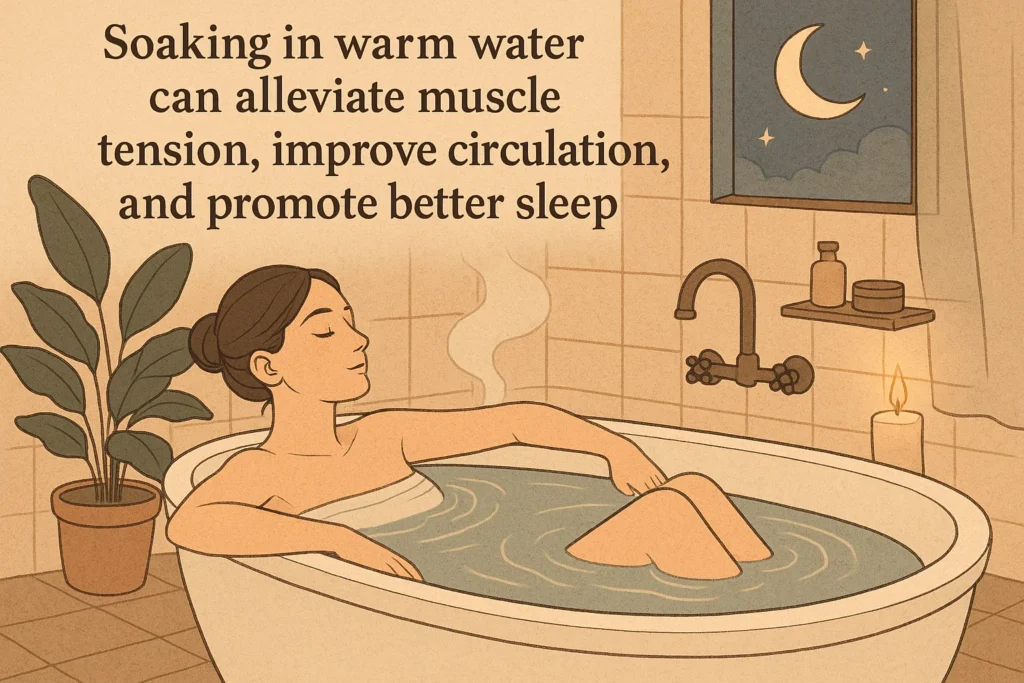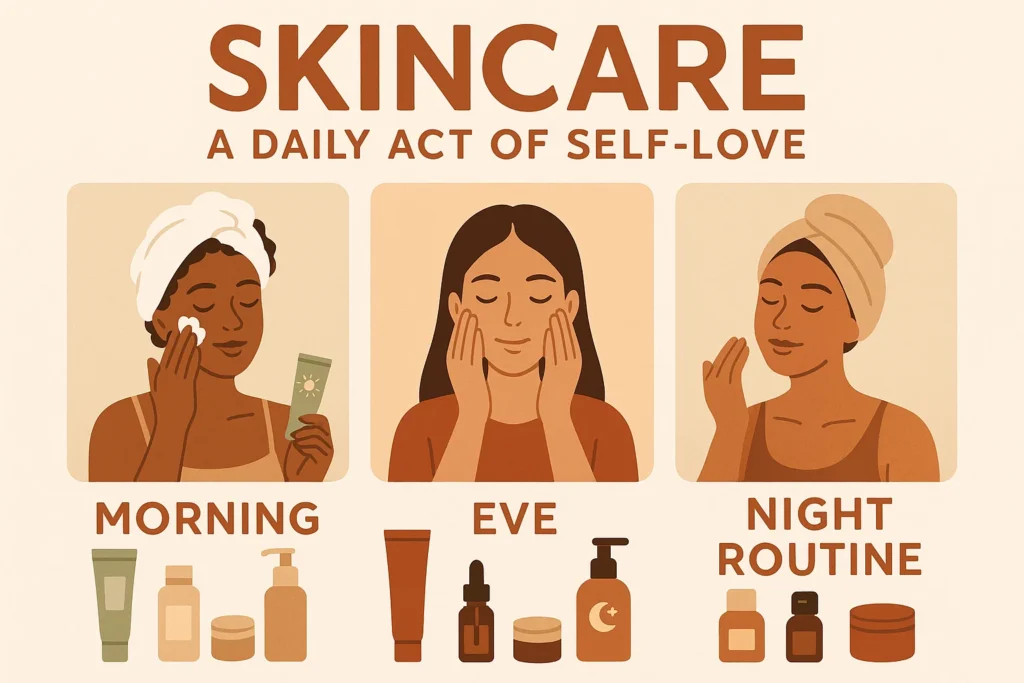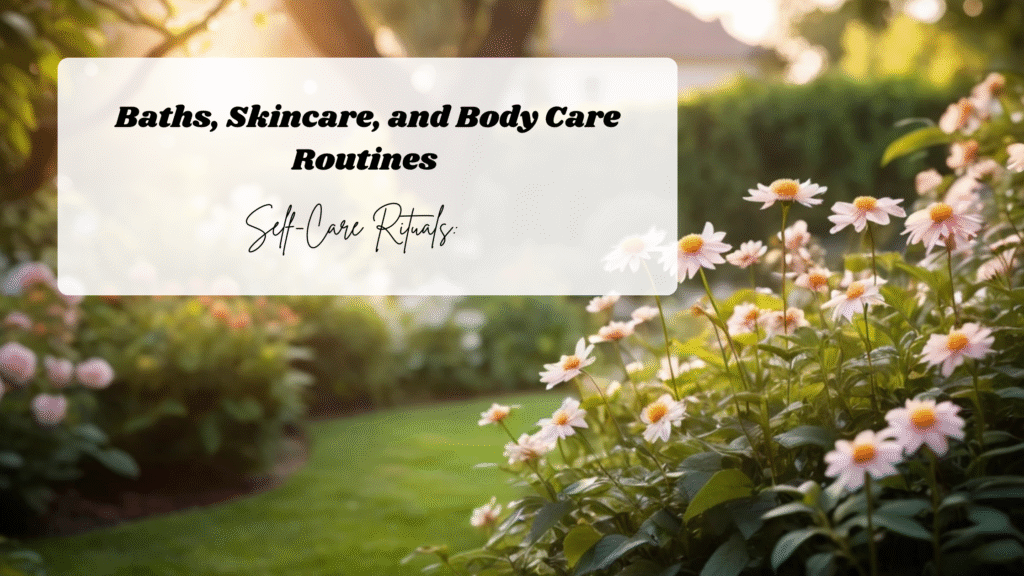Table of Contents
- Introduction
- The Science Behind Self-Care
- Bath Rituals: More Than Just Relaxation
- Skincare: A Daily Act of Self-Love
- Body Care: Nourishing the Skin Below the Neck
- Integrating Self-Care into Daily Life
- Self-Care in Chunian, Punjab: Local Practices and Resources
- FAQs
- Conclusion
Introduction
In today’s fast-paced world, self-care has transitioned from a luxury to a necessity. Engaging in regular self-care rituals, such as baths, skincare, and body care routines, not only enhances physical appearance but also promotes mental and emotional well-being. These practices offer a sanctuary from daily stressors, allowing individuals to reconnect with themselves and foster a sense of inner peace.
The Science Behind Self-Care
Self-care rituals have profound effects on both the mind and body. Engaging in activities like skincare routines can trigger the release of dopamine, a neurotransmitter associated with pleasure and reward, leading to improved mood and reduced stress levels. Moreover, these practices encourage mindfulness, allowing individuals to focus on the present moment and cultivate self-compassion.reclaimuc.org

Bath Rituals:
More Than Just Relaxation
Bathing is a timeless self-care practice that offers numerous benefits beyond cleanliness.
Physical Benefits:
Soaking in warm water can alleviate muscle tension, improve circulation, and promote better sleep.
Mental Benefits:
Baths provide a tranquil environment that fosters relaxation and reduces anxiety. Incorporating elements like Epsom salts and essential oils can enhance these effects.
Creating the Perfect Bath:
- Ambiance: Dim lighting, scented candles, and calming music can transform a regular bath into a spa-like experience.
- Additives: Incorporate bath bombs, salts, or oils infused with lavender or chamomile to soothe the senses.
- Duration: Limit baths to 15-20 minutes to prevent skin dryness.symbolsage.com

Skincare: A Daily Act of Self-Love
A consistent skincare routine is pivotal for maintaining healthy skin and boosting self-esteem.
Morning Routine:
- Toning: Balances the skin’s pH.
- Moisturizing: Hydrates and protects the skin barrier.
- Sun Protection: Applying sunscreen shields the skin from harmful UV rays, preventing premature aging and skin cancer.
Evening Routine:
- Double Cleansing: Ensures thorough removal of makeup and pollutants.
- Serums and Treatments: Address specific skin concerns like acne or hyperpigmentation.
- Night Creams: Provide intense hydration and repair during sleep.
- Mindful Application: Incorporating facial massages using tools like jade rollers can enhance product absorption and promote relaxation.

Body Care: Nourishing the Skin Below the Neck
Body care is an integral component of a comprehensive self-care regimen.
- Exfoliation: Regularly removing dead skin cells using scrubs can improve skin texture and stimulate circulation.
- Moisturization: Applying body lotions or oils, especially after bathing, locks in moisture and keeps the skin supple. Natural oils like sweet almond, sunflower seed, and olive oil are excellent choices for nourishing the skin.
- Massage: Incorporating self-massage techniques can alleviate muscle tension and promote lymphatic drainage.
Integrating Self-Care into Daily Life
Consistency is key to reaping the benefits of self-care rituals.
- Scheduling: Allocate specific times in your daily routine dedicated to self-care activities.
- Mindfulness: Engage fully in each activity, focusing on the sensations and experiences without distractions.
- Adaptability: Customize your self-care practices to fit your lifestyle and preferences, ensuring they remain enjoyable and sustainable.
Self-Care in Chunian, Punjab: Local Practices and Resources
In Chunian, Punjab, traditional self-care practices are deeply rooted in cultural heritage.
- Natural Ingredients: Utilizing locally sourced ingredients like turmeric, sandalwood, and rose water in skincare routines is common.
- Herbal Baths: Incorporating herbs such as neem and tulsi into bathwater is believed to have purifying effects.
- Community Practices: Engaging in communal beauty rituals, especially during festivals and weddings, fosters social bonds and collective well-being.
FAQs
Q1: How often should I take a bath for optimal benefits?
A: Taking a warm bath 2-3 times a week can provide relaxation and skin benefits. Ensure the water isn’t too hot and limit the duration to prevent skin dryness.
Q2: Can I use the same skincare products year-round?
A: It’s advisable to adjust your skincare products based on seasonal changes. For instance, heavier moisturizers in winter and lighter formulations in summer can address varying skin needs.
Q3: Are natural oils suitable for all skin types?
A: While many natural oils are beneficial, it’s essential to choose ones that align with your skin type. For example, jojoba oil is suitable for oily skin, while almond oil is excellent for dry skin.
Q4: How can I make time for self-care in a busy schedule?
A: Integrate small self-care activities into your daily routine, such as a 5-minute facial massage or a quick evening bath, to ensure consistency without overwhelming your schedule.
Conclusion
Embracing self-care rituals like baths, skincare, and body care routines is more than an indulgence; it’s a commitment to one’s holistic well-being. By understanding the science behind these practices and integrating them into daily life, individuals can experience enhanced physical health, improved mental clarity, and a deeper connection with themselves. In regions like Chunian, Punjab, blending traditional practices with modern self-care approaches offers a rich tapestry of wellness strategies that honor both heritage and contemporary needs.
